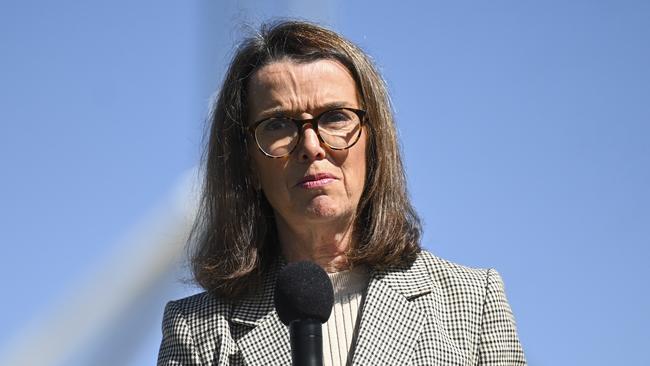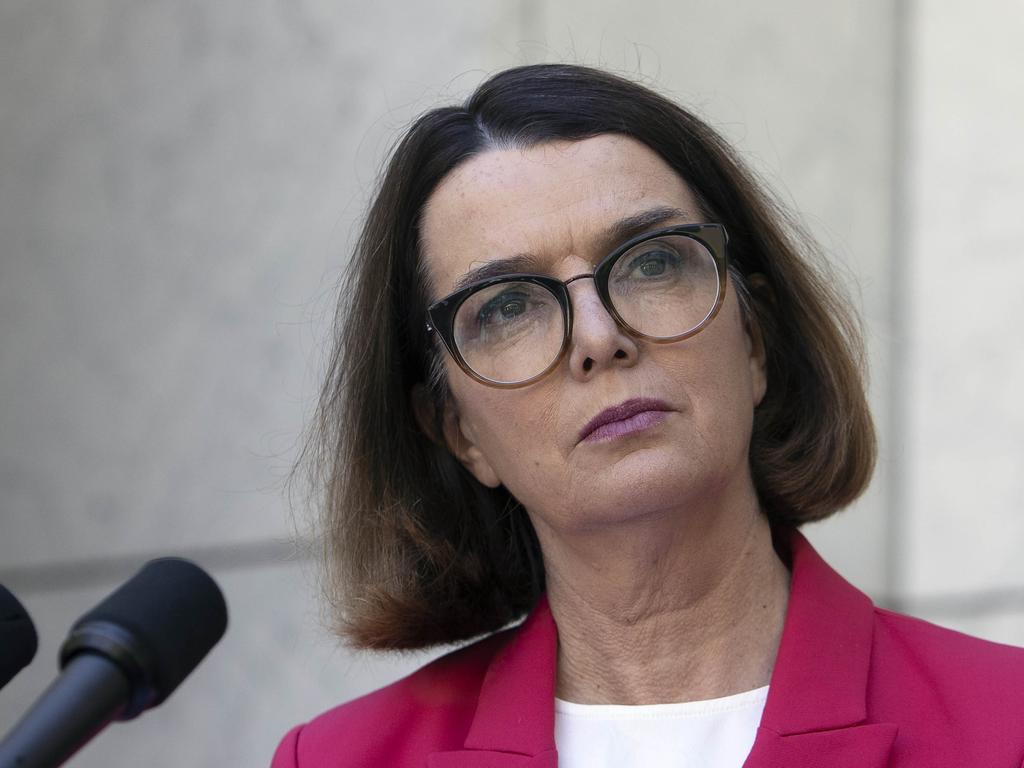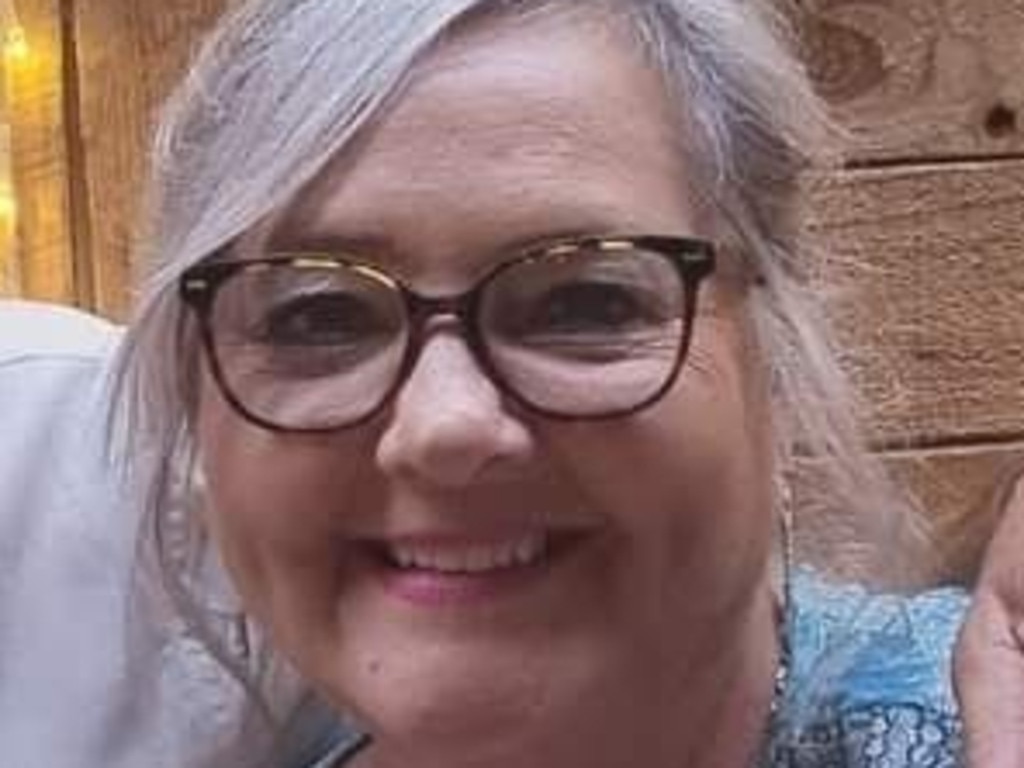RSV vaccine delay hurting hospitals and mothers in cost of living crisis
Mothers with unborn babies at risk of Respiratory Syncytial Virus are still waiting for affordable access to a critical vaccine against the disease, with the Coalition lashing the inaction it says is now exasperating the cost of living crisis.

Mothers with unborn babies at risk of Respiratory Syncytial Virus are still waiting for affordable access to a critical vaccine against the disease, with the Coalition lashing the inaction it says is now exasperating the cost of living crisis while risking further strain on the hospital system.
RSV is a contagious virus that causes infections of the respiratory tract and is the leading cause of hospitalisation for infants under six months old.
More than 145,000 cases of RSV have so far been reported across Australia in 2024, compared to 128,000 in the entirety of 2023 and 96,000 in 2022.
Despite the Pharmaceutical Benefits Advisory Committee recommending in May the vaccine Abrysvo be added to the National Immunisation Program for pregnant women to protect their babies against RSV free of charge, the government is yet to do so.
Opposition health spokeswoman Anne Ruston said she was concerned expectant mothers were being forced to spend $350 in the middle of a cost-of-living crisis to access vaccines, or else “put themselves or their babies at risk”.
“We are experiencing a dual cost of living and hospital ramping crisis, and yet the government is sitting on its hands instead of providing eligible mothers with free access to this critical preventative health measure,“ she said.
“The lack of urgency being shown by the Government on this issue completely conflicts with the urgent situation facing our hospitals. It’s time for the Albanese government to start showing some national leadership on RSV and give free access to pregnant mothers without delay.”
So far this year, more than 4200 people have been hospitalised with RSV in Queensland alone.
Recent clinical trials found that for mothers who were vaccinated between weeks 24 and 36 of their pregnancies, the Abrysvo immunisation was 82 per cent effective at preventing severe disease in infants in the first three months after birth.

Senator Ruston’s comments follow alarm being raised by groups including the Immunisation Foundation of Australia declaring there was “a stark contrast” to other parts of the world where new RSV immunisations had been readily embraced.
“For the first time, the Australian government could help protect against severe RSV and keep thousands out of hospital,” Immunisation Foundation of Australia founder and director Catherine Hughes said.
“We cannot risk further delays. Political leadership is required to ensure RSV immunisations are secured and available in time for winter 2025.”
West Australia and Queensland have both started their own RSV immunisation programs, with Senator Ruston arguing the jurisdictions had done so because of “the slowness at the federal level”.
Health Minister Mark Butler said the prevention and treatment of RSV was “a priority for the Australian government”.
“Our government welcomes the PBAC recommendation of Abrysvo for the prevention of lower respiratory tract illness caused by RSV in infants from birth through 6 months of age by immunisation of pregnant women,” he said.
“The government is working with all relevant parties, including State and Territory governments, to progress an RSV program as soon as possible.”
As cases of RSV and other respiratory illnesses such as Covid and the flu skyrocketed over Winter, hospitals in states such as South Australia were forced to cancel elective surgeries.
While elective surgeries have since resumed, Senator Ruston said the lack of action on making Abrysvo free would continue to risk hospitals’ capacity to service all patients.








To join the conversation, please log in. Don't have an account? Register
Join the conversation, you are commenting as Logout